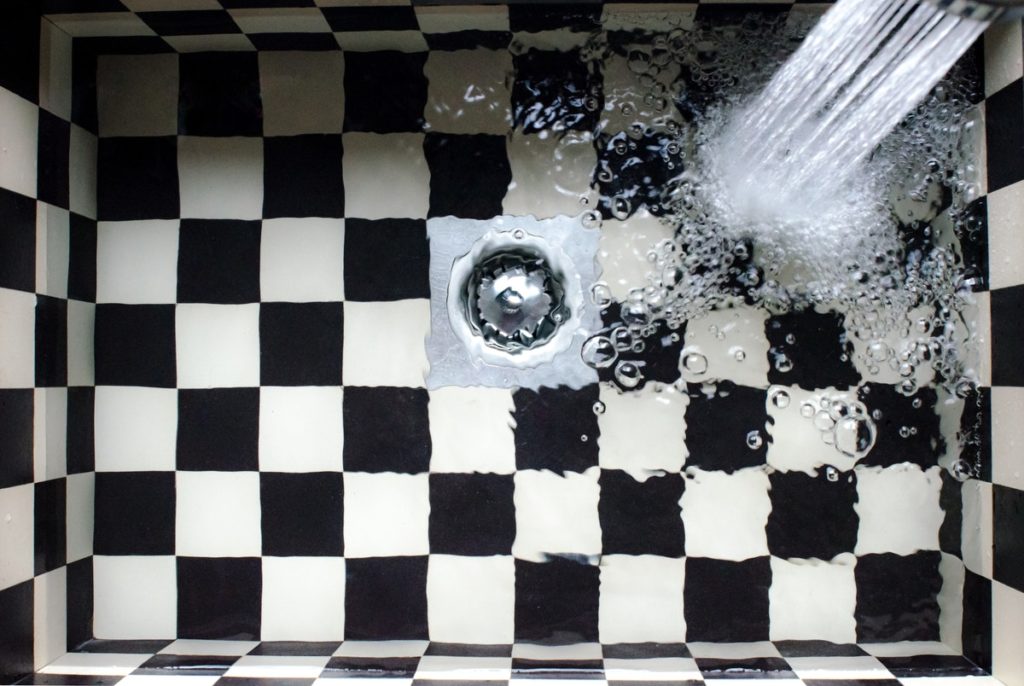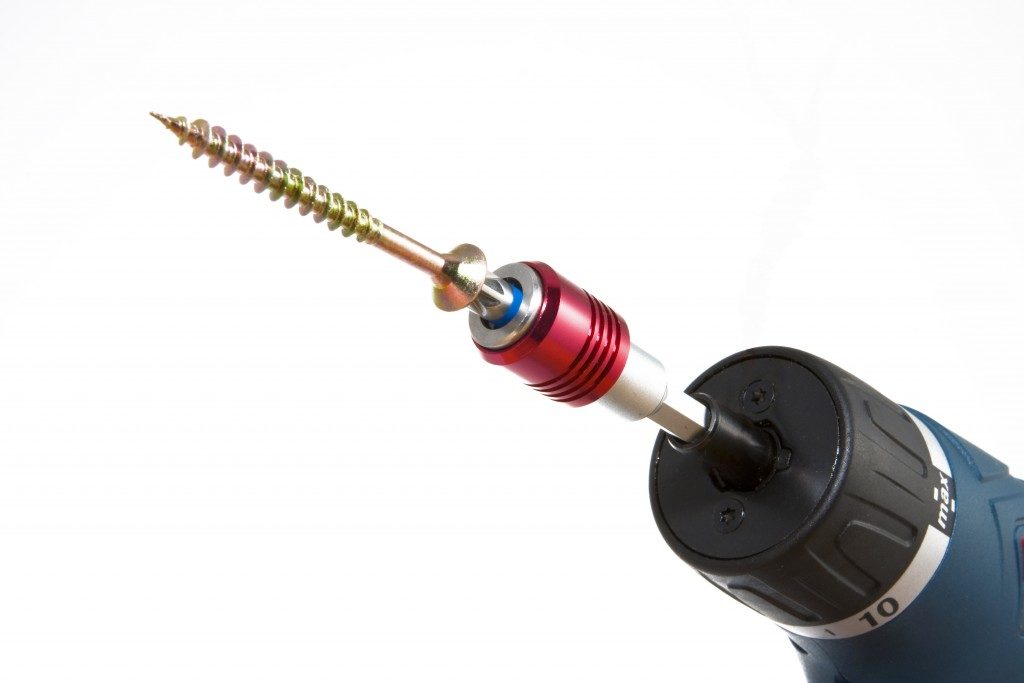Drains make up a significant portion of your home’s many facilities. They help you every day when you take a shower, wash the dishes, and do your laundry. Their prominence in your daily household chores makes it an absolute must to do regular maintenance.
However, urgent situations do come up. In a drain emergency, the safest route you can take is to employ plumbing services to solve the problem on your behalf. Trying to fix things on your own is helpful sometimes, but leaving it to the experts saves you from many accidents and sticky situations.
But you know what they say: prevention is better than cure. You can keep utilities functional for a longer time when you do good, regular checks on drainage systems. We will help you know what kind of checking to do for the different kinds of drains in your home.
Problem Points and How to Do Maintenance
The different areas of your home will require different methods of checking. Here are the best approaches for each area.
![]()
Keeping Your Kitchen Sink Clean
When cleaning up after meals, fats and oils often find their way into the sink drain. They are not an immediate problem, but the issues come when it becomes cold, and the grease thickens. This restricts the flow of liquids in your system.
Food waste also gets stuck in pipes and has the same effect. To avoid this, have a separate bin for biodegradable trash right by your kitchen sink. Throw food waste into this bin before washing the dishes.
Install a sink strainer as an added protection for little bits of food that get stuck on your plates and bowls. Choose one with micro-perforations that keep even small particles of food out of the drain.
Keeping Your Bathroom Sink and Toilet Clean
If a product does not quickly disintegrate upon contact with water, then best not to dispose of it down the drain.
As a rule, dispose of sanitary napkins, cotton balls, and cotton buds via the trash can. Toilet paper is disposable via the toilet bowl, but remember that not all tissue products are made the same way. Facial tissues, for example, don’t disintegrate as readily and are best thrown in the garbage bin.
Your bathroom sink can have its own share of clog buildup due to the accumulation of personal care and grooming products and the occasional dental floss. While strainers also provide an extra shield for your drain, this may not always be enough.
A good precaution is to run hot water through your drain after using it each time. This flushes out the residue of product that may have gotten stuck on your pipe walls.
Keeping Your Shower or Bath Tub Floor Clean
Hair fall and shedding pet hair are major causes of bathroom drainage problems. Install a mesh cover on your floor drain to keep all those hairs from building up in your drains. Ensure that you clean out these screens regularly, as they build up hair pretty quickly, especially in shared bathrooms.
Keeping Your Washing Machine Clog-free
Your washing machine is not usually the first place you would check for drain issues, but it is capable of suffering from them, too. Lint from the various loads of laundry can get stuck in the pipes, preventing water from coming in or draining out.
A tool called a lint catcher prevents this. It is attached to one end of your drain and keeps out all the lint from seeping through. Also, use a drain snake to clean through your washing machine pipes after every load. Make sure to have the right size and length for your washer model to avoid any damage to your pipes and any injury on your part.
Don’t Forget Seasonal Maintenance
Daily and weekly maintenance checks are essential for the functionality and longevity of your drainage systems. But as seasons change, the safety needs of your drains also differ.
In the winter, make sure to disconnect your hoses from spigots. Leaving them attached can cause your pipes to expand and burst, resulting in the need for a much bigger repair.
Warmer months, on the other hand, can also crack plastic pipes due to extreme heat. Regular checking for leaks and covering the exposed pipes can slow down the degradation process.
Drains play a big role in keeping your household up and running daily. Regular checkups will leave you with well-functioning utilities and a lot of money on your budget saved from too many repairs.



